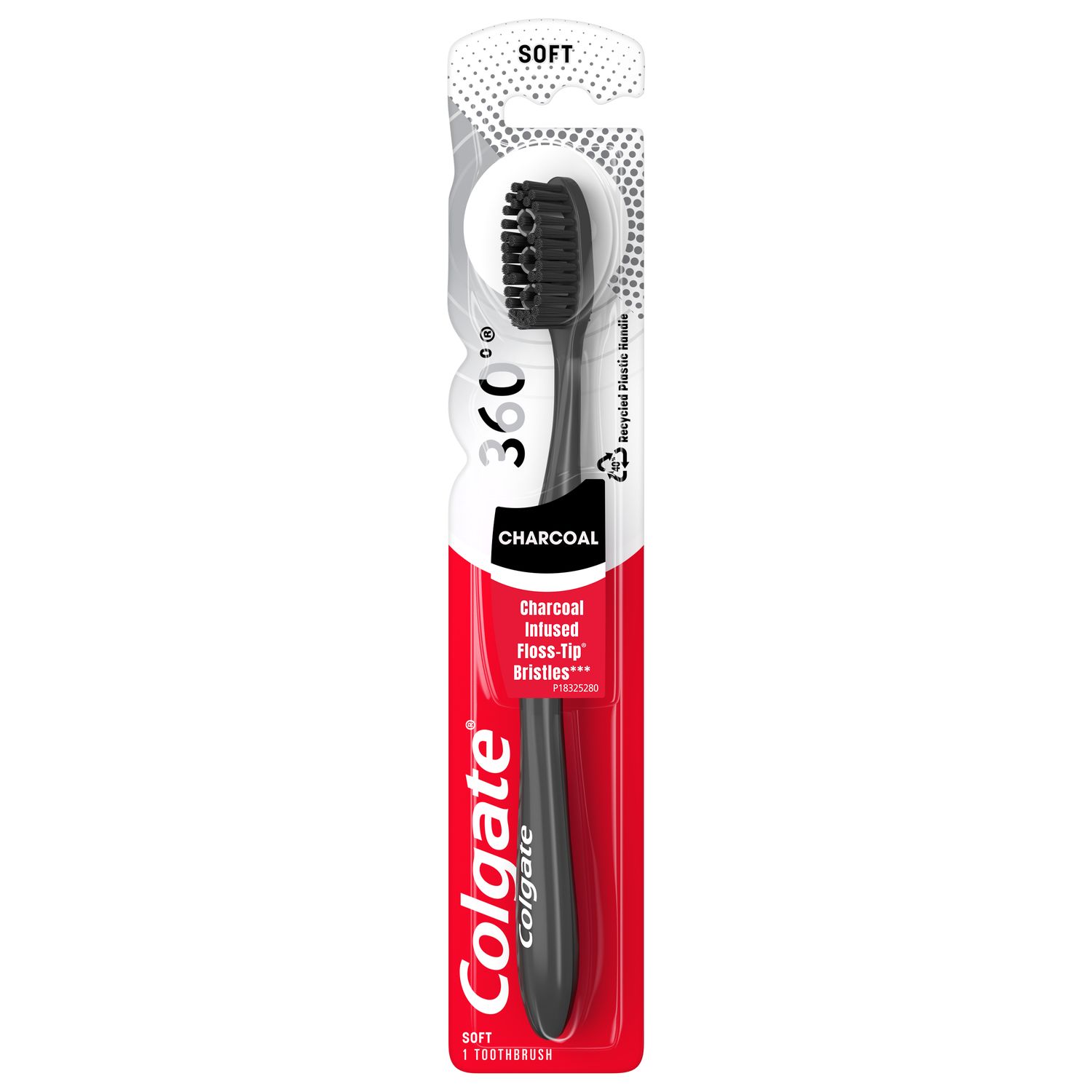What Is Trench Mouth?
Trench mouth is another name for a condition called acute necrotizing ulcerative gingivitis (ANUG). It’s an acute form of gum disease, or infection of the gums, that comes on quickly and can cause bleeding, swelling, ulceration, and destruction of the gum tissue. If it’s not treated promptly, trench mouth can spread to the other tissues of the mouth, such as the cheeks, lips, and jawbone.
According to The American Journal of Medicine, the name dates to World War I, during which soldiers experienced prolonged periods of trench warfare. Due to their situation, they couldn’t obtain adequate dental care. That, combined with the enormous stress they endured, led to them frequently developing painful, bleeding gums.
What Causes Trench Mouth?
Trench mouth is caused by an overgrowth of harmful bacteria in the mouth. This can happen for a number of reasons:
Poor oral hygiene. A lack of oral hygiene and poor access to dental care are major risk factors for developing trench mouth. That’s why it’s very common in underdeveloped nations where dental care is difficult to obtain, and less common in nations with more established healthcare systems.
Gingivitis. Having a history of gingivitis (gum disease), especially in combination with poor oral hygiene and missed dental appointments, will also greatly increase your chances of developing trench mouth.
Age. According to the Journal of Dental Science Research, it’s more common in children and young adults.
Malnutrition. Trench mouth is also more common in malnourished children and young people.
Immunodeficiency. Problems with the immune system can allow opportunistic oral bacteria to flourish. As such, people with conditions like HIV are at greater risk of trench mouth.
Risk Factors
Other risk factors that can cause or exacerbate trench mouth include:
Psychological stress.
Smoking.
Other oral infections.
Diabetes.
Trench Mouth Symptoms
As described by The Cleveland Clinic, patients may experience a combination of trench mouth symptoms. These include:
Bad breath or an unpleasant taste in the mouth.
Painful, swollen gums that bleed when touched.
Large, deep ulcers on the soft tissues of the mouth.
A gray-ish film over the gums.
Fever.
Fatigue.
If you think you have symptoms of trench mouth, make an appointment with your dentist urgently.
How Do You Treat Trench Mouth?
While trench mouth sounds frightening and can be quite painful, the good news is that it can be diagnosed and treated quite easily.
Your dentist can diagnose trench mouth with a simple oral exam. From there, they will treat trench mouth by first cleaning the gums and teeth. Your dentist may also prescribe antibiotics and an antibacterial mouth rinse to help fight the infection.
The pain will likely decrease within days of starting treatment, and the problem should be cleared entirely in a matter of weeks. It’s a good idea to schedule a follow-up appointment, though, to make sure the infection is subsiding and check on the health of your gums and teeth.
How to Prevent Trench Mouth
Your dentist will advise you on the best oral health practices to follow at home. In general, good oral care involves brushing your teeth at least twice daily and flossing every day. Doing so is especially important throughout the trench mouth recovery process.
Once you get rid of trench mouth, make sure it doesn’t come back. Schedule regular visits to a dentist or dental hygienist. That, combined with good oral care practices at home, will help prevent it from recurring and ensure you have a lifetime of healthy gums.
Oral Care Center articles are reviewed by an oral health medical professional. This information is for educational purposes only. This content is not intended to be a substitute for professional medical advice, diagnosis or treatment. Always seek the advice of your dentist, physician or other qualified healthcare provider.
ORAL HEALTH QUIZ
What's behind your smile?
Take our Oral Health assessment to get the most from your oral care routine
ORAL HEALTH QUIZ
What's behind your smile?
Take our Oral Health assessment to get the most from your oral care routine















